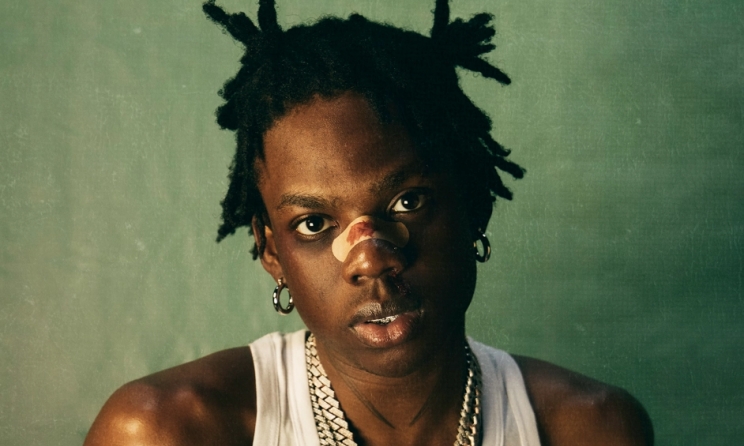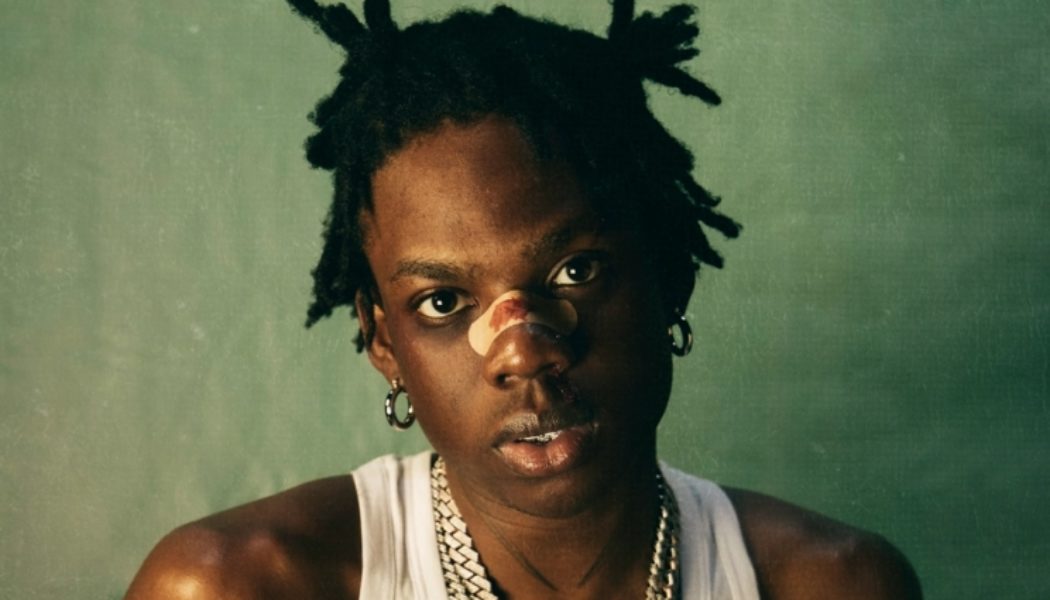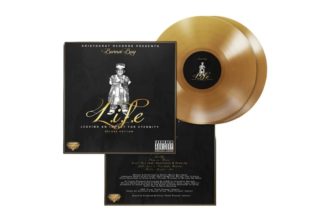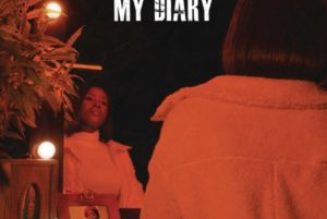
A singles classification, the Best African Music Performance Award will highlight regional melodic, harmonic and rhythmic musical traditions including Afrobeat, Afrobeats, Afro-fusion, Afropop, amapiano, highlife, bongo flava, Fuji, kwassa, ndombolo, mapouka, Ghanaian drill, Afro-house, South African hip hop, Ethio-jazz, and much more.
The latest inclusion is a response to the demand for greater representation of African music at the Grammys, and according to Recording Academy CEO Harvey Mason Jr, “reflects our commitment to actively listen and respond to the feedback from our music community, accurately represent a diverse range of relevant musical genres, and stay aligned with the ever-evolving musical landscape.”
For the most part, Africa’s inroads at the Grammys have come through its artists’ dominance of the Best Global Music Album category (introduced in 2021 and formerly known as the Best World Music Album category) and the Best Global Music Performance category, which was first awarded in 2022. Beninese legend Angélique Kidjo and South African a capella group Ladysmith Black Mambazo, the continent’s most successful acts at the awards, boast five Grammys each. Buoyed by its global domination over the years, Afrobeats now also bears a Grammy thanks to Burna Boy’s victory in 2021 with his album Twice As Tall.
In 2022, at the 64th Grammys, Africa scored a historic nine nominations, and last year, South African artists Nomcebo Zikode, Zakes Bantwini and Wouter Kellerman emerged triumphant in the Best Global Music Performance category. Nigerian singer Tems also took home her first Grammy in the Best Melodic Rap Performance category for her appearance on Future’s ‘Wait for U’ featuring Drake, signalling more African success at the awards.
Tokenistic or not, the new category illustrates measurable progress for the Grammys, which have faced backlash for lacking dynamism and commitment to inclusivity for African artists in amplifying their voices and cultural contributions. Notable figures in the industry, such as Burna Boy and multiple Ghanaian nominee Rocky Dawuni, value the significance of Grammy recognition in creating exposure for African music and expanding its international appeal. As a result, all artists from these parts can now expect to receive Grammy nominations, and the pool of winners will probably expand beyond the usual world-leaning suspects.
The global music scene has historically treated African artists as outsiders, but the recent surge of African music into the international spotlight has ignited a renewed desire among African artists to attain the highest accolades, including a Grammy. An African music category should deepen the motivation and determination within the African music community, whose popstars have long harboured a strong desire for Grammy recognition, driving them to strive for artistic excellence and innovation.
Additionally, the emphasis on originality and quality in production within the DNA of the awards also possesses the potential to deepen innovation and challenge global perceptions of African musical artistry.
Fortuitously, the news overlaps with the increasing presence of Africans in the Recording Academy, which has extended invitations to nearly 3 700 music creators and industry professionals to join its ranks, and arrives at a time when African music is on the rise, thanks to the ubiquitous success of songs like Wizkid’s ‘Essence’ and Rema’s ‘Calm Down’, which currently ranks among the world’s favourite pop songs.
While some critics argue that creating a separate category for African music may oversimplify the diverse range of genres and styles represented by African artists, recent victories by artists like Tems and Wizkid demonstrate that African musicians can compete and win in broader categories such as pop, hip hop and R&B. For example, Wizkid scored his first Grammy Award in 2021 for the video of his collaboration with Beyoncé on ‘Brown Skin Girl’. Additionally, South African artists like Kellerman and Black Coffee have also achieved Grammy recognition in categories such as Best New Age Album and Best Dance/Electronic Music Album, respectively. These successes prove the potential for African artists to be honoured beyond the confines of a specific African category at the awards.
African music finally has a seat at the table. However, for this progress to have lasting impact, it is essential to focus on building strong foundations and fostering collective growth within Africa’s music industry by nurturing talent and supporting infrastructure towards a sustainable ecosystem that empowers its artists, producers and professionals.
Gabriel Myers Hansen is Music In Africa’s regional editor for Anglophone West Africa









